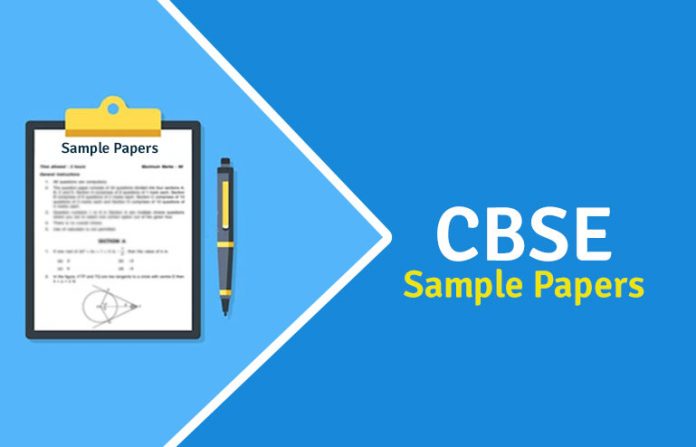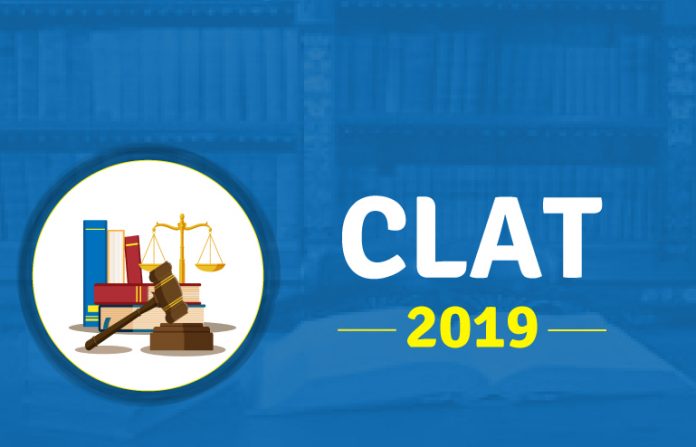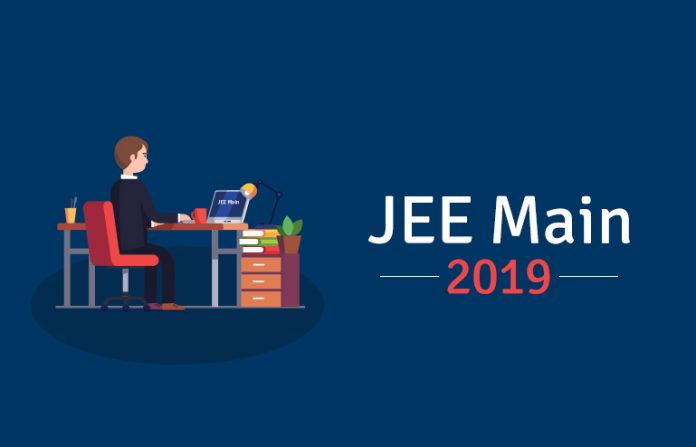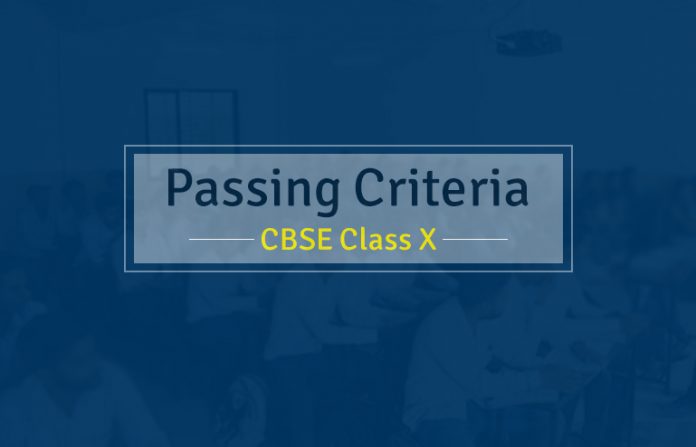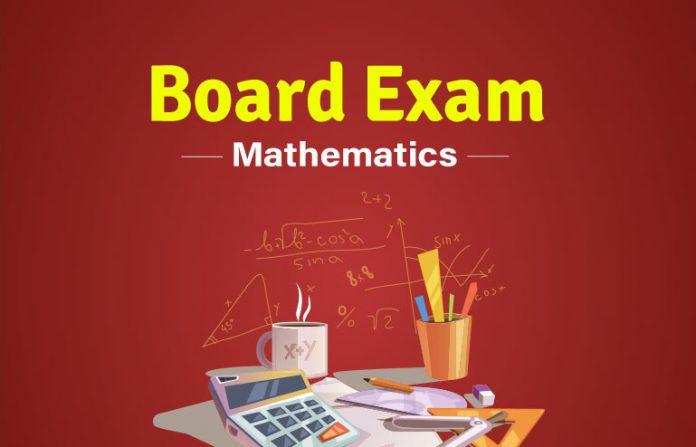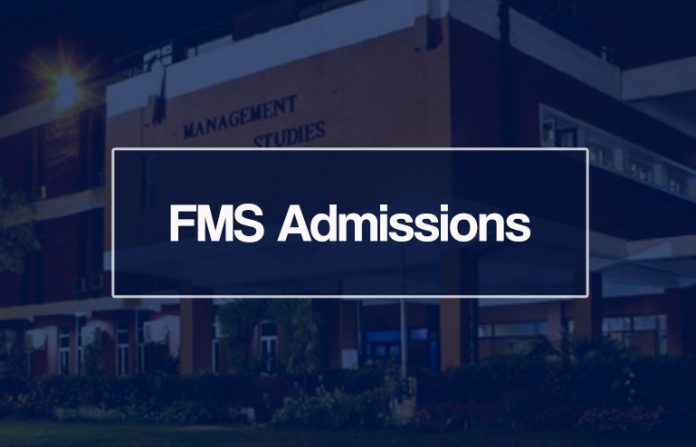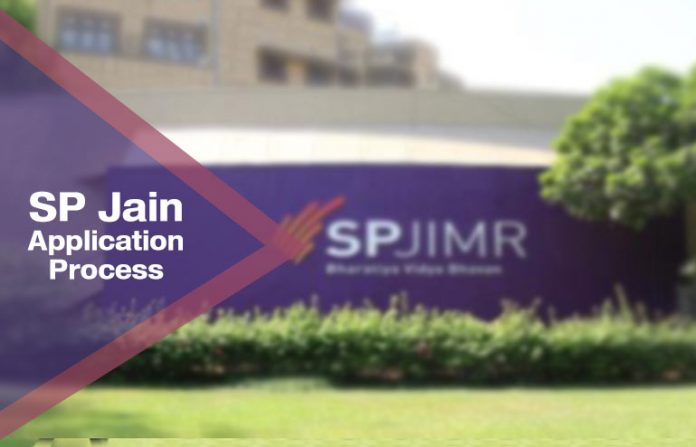After months of swimming through the ocean of physics, chemistry and mathematics, you finally land on the shore. Quite a ride, wasn’t it? Now you have a solid grip on almost every concept that is important for JEE 2019, and perhaps you have perfected your skills by solving more than 100 types of numerical from the previous JEE Mains and Advanced papers. The only thing now left to do is to organize all those formulae, proofs, and mechanisms in the shelves of your brain so that you don’t have to rummage through it. This is where we can feel the necessity of revision. Now every student is familiar with the concept of revision, and everyone has their own methods, but not everyone is certain about the effectiveness of their methods. So today, we are going to discuss some of the most effective revision techniques. Grab your cheat-sheets, highlighter, and sticky notes.
“A Goal Without A Plan Is Just A Wish”
– Antoine de Saint
Start your revision early for JEE 2019
Don’t wait for March to kick in. Make a compact timetable, and plan your revision accordingly. It depends on you whether you want to start with the tough topics or the easier ones. In my opinion, you should allot a specific amount of time every day for those hard topics, while you continue studying the other easier sections.
You must stick to your plan, no matter what. We all know that revision is not a particularly enjoyable activity, and you are exhausted after studying the same thing for almost 2 years. But that is not an excuse to spend your time scrolling through Instagram feeds.
No matter how easy the topic might look, you should not avoid it completely. A simple formula can cost you a glorious rank, and the exam-stresses are enough to mess up your mind.
Stop cramming unnecessarily
Don’t keep re-reading the same stuff to memorize it. If you are having difficulty in learning any specific topic or a particular formula, just write it down.
Stick the notes around your study room. During the exam, you will surely remember that one formula you had stuck above your charging point.
Try making flashcards for some important topics. A quick glance on them would trigger your brain to remember the tough concepts.
Reading is not the most efficient way of learning or revising. Instead, make it a habit to write down important things while revising them.
Teach yourself
Teaching is the most efficient way of learning. Once you are done with a topic, just teach yourself what you understood. You can take help from your friends. Tell them to listen to you while you teach the concepts you learned earlier. If you prove to be a good teacher, you would surely succeed as a great student. Besides teaching yourself, you should also test yourself and try to retrieve the concepts from your memory. Revising would lose its significance if you start thinking about memes as soon as you finish up a portion.
Associate studies with your mind
The JEE syllabus is really huge, and you are bound to forget things unless you follow proper revision techniques. Relate the concepts with anything – be it your favourite sports, game, movie or serial. Visualise the concepts and associate them with something you cannot forget. This will help you to remember important things in stressful situations.
Set up a conducive learning environment
Creating a good learning environment can help you to concentrate, however, it totally depends on you which environment is the most suitable for you. Some people get distracted if their study desk is not tidy and organized. Some students prefer listening to music while studying. Some prefer to study at night, while others prefer to wake up early in the morning.
If you like to listen to music, be careful not to get yourself distracted. Songs with catchy beats or lyrics can cause distractions. Personally, I like soft instrumental songs while studying.
Apart from that, you should be physically comfortable. Wear light clothes, drink plenty of water, and have some occasional snacks or fruits.
If you get frustrated while studying any particular subject, just stop worrying about it and go chat with your parents or siblings. The whole purpose of the revision is to get your head stress-free and organized. You must not jam it further.
Watch lectures on YouTube
If you are bored and unable to focus on a subject, log onto YouTube and watch some related lecture videos. Listening to lectures helps us to understand a concept in a much better way than reading it from books. There are a lot of good YouTube channels, and it can be a good resource for you. However, be careful as YouTube can backfire as a major distraction. You must not end up watching cat-videos while studying Modern Physics.
Use the Pomodoro Technique
It is a really useful time management technique. It follows a pattern where you should study for 25 minutes, and take a five minutes’ break. You can divide your target for the day into smaller targets, and follow this method to finish your revision. You would not face boredom, and your inner frustrations would be reduced by a significant amount.
Do not compromise on your sleeping time
Even if you are a night-owl, you should never compromise your sleeping time. Without enough sleep, your brain will not be able to process all those heavy formulae. It might seem okay at that time – especially after having two cups of coffee, but in the long run, it will only make you lethargic, distracted and forgetful. So, in the month before your exam, try to sleep 6 to 8 hours daily. You can allot a time for a power nap, which will freshen your mind and increase your concentration. You would not want to fall asleep halfway through revising a topic, would you?
So that is all I had to say, hope it will make your revision process more active and manageable. Don’t stress yourself, stay confident. Let me conclude my article with a quote from Fennel Hudson,
“Exams test your memory; life tests your learning; others will test your patience.”



















































